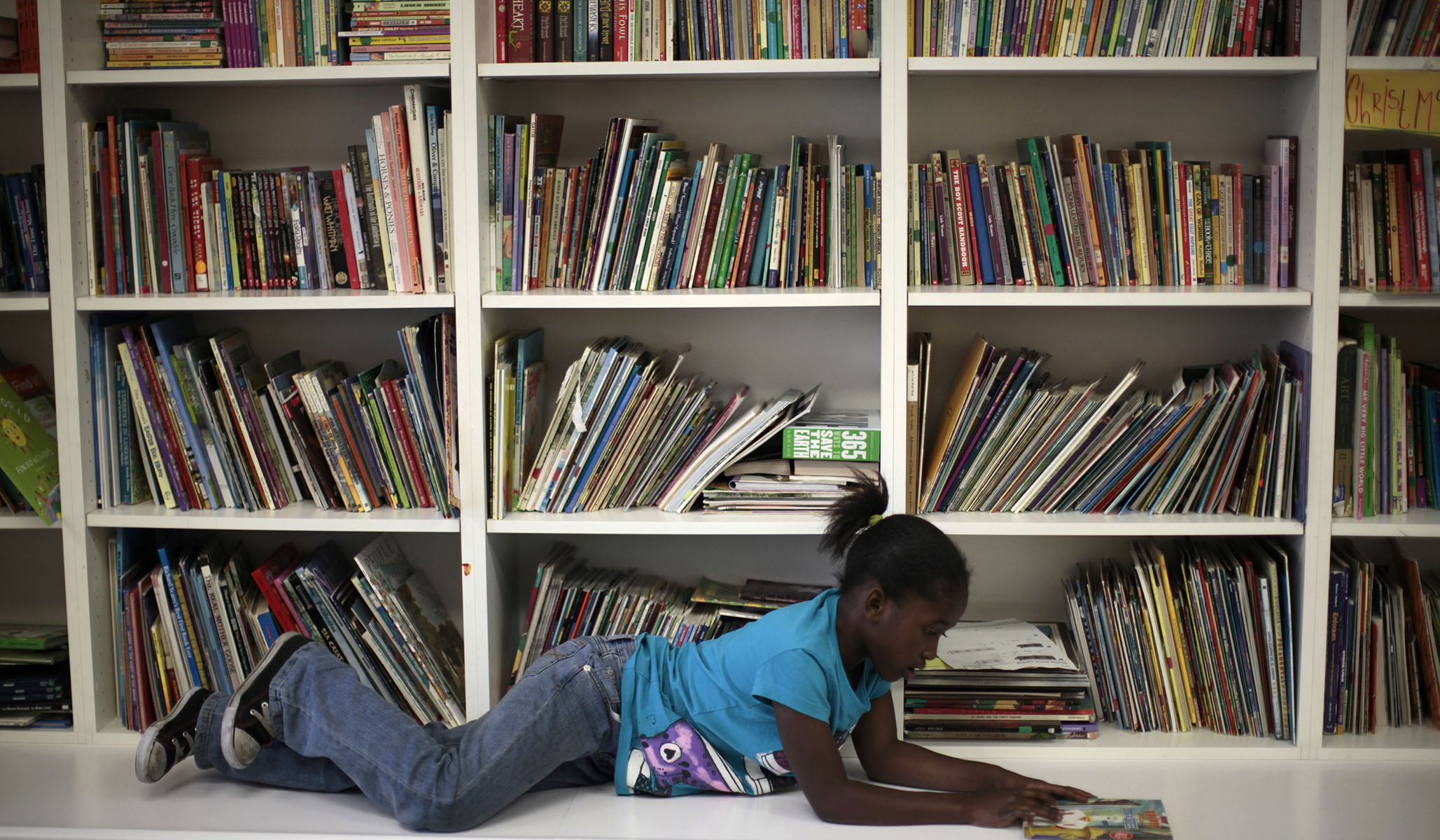 |
| iStock/Getty Images Plus |
College professors often complain that their students avoid books. They don’t like to read; they just want to be told “the main point.” In the past, most Americans, even those who weren’t “educated” (no college credentials), read literature, but today many who are “educated” hardly ever open a book.
Can anything be done?
Robert DiYanni has written a book that he thinks will encourage reading, You Are What You Read. In today’s Martin Center piece, Professor Allen Mendenhall ponders his effort and finds it to be underwhelming.
DiYanni’s heart is in the right place. He means to, Mendenhall writes, “steer readers in constructive directions.”
Mendenhall continues: --->READ MORE HERE
 |
| Lucy Nicholson/Reuters |
⤻ In response to Can We Get Young Americans to Appreciate Reading?
George Leef asks whether we can get young Americans to appreciate reading. This young American’s answer: not if our public schools have anything to say about it.
There were a few teachers or professors along the way who made reading enjoyable, and I’m grateful for them; but they were the exceptions, not the rule. On the whole, I enjoy reading despite my educational experience, not because of it.
If someone were setting out to design a 13-year program to get people to hate reading, they could hardly do better than American public education. Reading is presented as a chore, so it should be no surprise that kids treat it like taking out the trash.
I’ll never forget having my reading comprehension assessed by the number of sticky notes I slapped on the pages of books in elementary school. Instead of reading like normal human beings, we were expected to stop in the middle of the page, write down thoughts about the text on a sticky note, and stick it in the book. More sticky notes corresponded with more approval from the teacher.
Not only that, the sticky notes couldn’t just be annotations. They had to fit into specific categories. We had to have so many “text-to-world connections,” “text-to-self connections,” etc., as if anything we were reading at that young age was all that deep to begin with. This bizarre quota system of reading comprehension made for slow, painful reading, and you wanted nothing more than to get it over with. --->READ MORE HERE
If you like what you see, please "Like" us on Facebook either here or here. Please follow us on Twitter here.

No comments:
Post a Comment